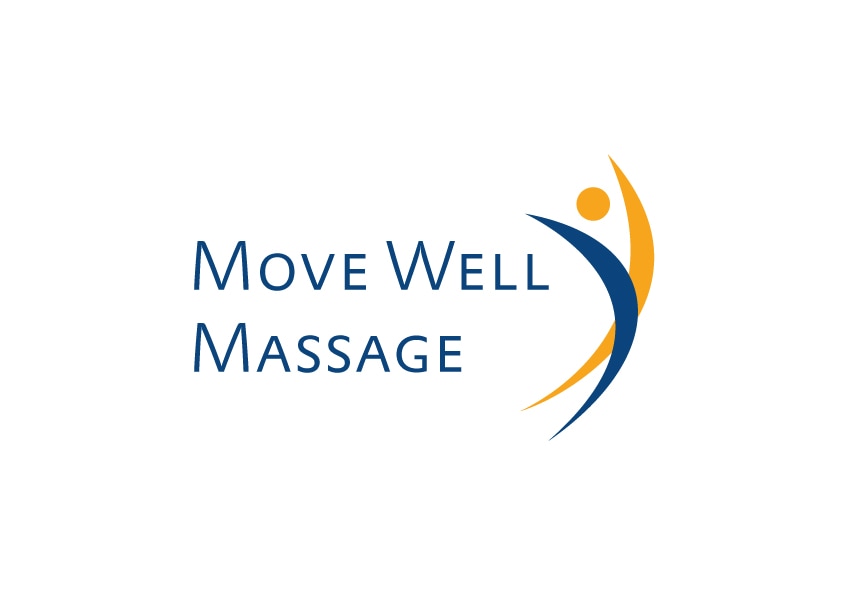How to minimse back, neck and shoulder pain when looking after babies and young children
Many mums with young children get into a situation where there back, and sometimes the neck or shoulders, feel lousy. Leaning forwards for nappies, feeding and lifting children, plus carrying babies/toddlers, car seats and pushing a buggy, can be rather demanding on the body.
It can feel miserable being in constant discomfort. But the great news is that in the vast majority of cases there is not a fundamental issue with the back, and it will get better with time and some sensible self management – explained below. Over time, you will not be in this situation and it is highly likely that your symptoms will decrease. In the meantime, try the following:
Many mums with young children get into a situation where there back, and sometimes the neck or shoulders, feel lousy. Leaning forwards for nappies, feeding and lifting children, plus carrying babies/toddlers, car seats and pushing a buggy, can be rather demanding on the body.
It can feel miserable being in constant discomfort. But the great news is that in the vast majority of cases there is not a fundamental issue with the back, and it will get better with time and some sensible self management – explained below. Over time, you will not be in this situation and it is highly likely that your symptoms will decrease. In the meantime, try the following:
- Squat down instead of leaning forwards when you lift your children up.
- Try not to hold your baby when doing other tasks.
- When you lift your buggy into the car, bend your knees and squat down to pick it up, rather than leaning forwards.
- With the car seat, get in to the car and strap your little one in, rather standing outside the car and leaning round to do the harness and seatbelt. Or, buy a car seat that swivels to the side, to avoid this awkward movement altogether.
- A couple of times through the day, when your child one is sleeping perhaps, lie down on the floor on your back, knees bent, feet flat on the floor, arms wide, palms up, and take deep breaths for up to 5 minutes. This relieves the strain on your back. Breathing deeply helps to relax the spinal muscles.
- When your back is really sore, avoid lots of hoovering, especially stairs, or heavy gardening. These can make a sore back more uncomfortable. Once your back is better, doing these activities is absolutely fine – our backs like to move - but go carefully.
- Ask a parent, friend or your partner to push the buggy when you get the chance. Pushing the buggy takes you into a forwards movement that puts extra strain on your back. Use walking as a helpful opportunity to free up your back whenever that's feasible.
- If you get the chance, go for regular walks. Walking is very helpful to gently mobilise the spine and to signal to your spinal nerves and brain that things are ok, and this helps to minimise muscle spasms in the back.
- If you're used to exercising, have been cleared in your 6-week post natal check, and you feel up to it, do the exercise you enjoy. Our backs are designed to move.
- If you feel that things are particularly uncomfortable, seek advice from your GP or an appropriate practitioner such as a sports and remedial massage therapist, physiotherapist or osteopath.

